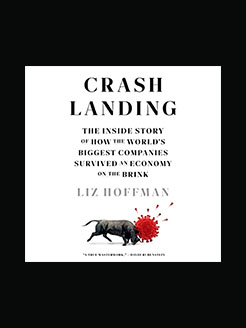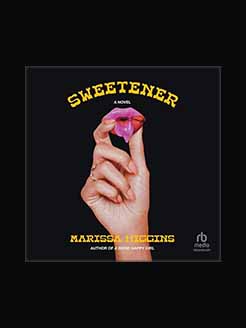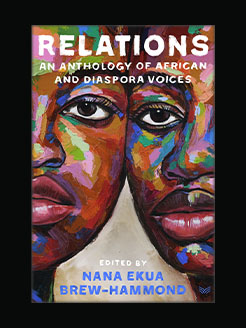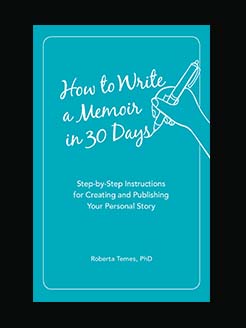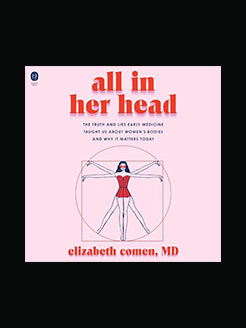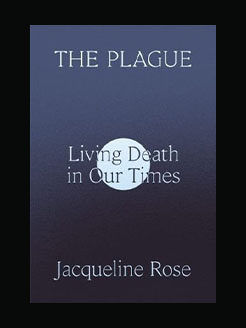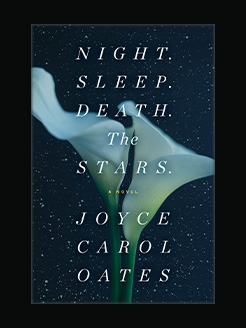Published in 2003
208 pages
Eve Kosofsky Sedgwick was an American academician specializing in literary criticism and feminist analysis; she is known as one of the architects of queer theory. Her works reflect an interest in queer performativity, experimental critical writing, non-Lacanian psychoanalysis, Buddhism and pedagogy, the affective theories of Silvan Tomkins and Melanie Klein, and material culture, especially textiles and texture. Drawing on feminist scholarship and the work of Michel Foucault, Sedgwick uncovered purportedly hidden homoerotic subplots in writers like Charles Dickens, Henry James and Marcel Proust. Sedgwick argued that an understanding of virtually any aspect of modern Western culture would be incomplete or damaged if it failed to incorporate a critical analysis of modern homo/heterosexual definition, coining the terms “antihomophobic” and “homosocial.”
What is this book about?
A pioneer in queer theory and literary studies, Eve Kosofsky Sedgwick brings together for the first time in Touching Feeling her most powerful explorations of emotion and expression. In essays that show how her groundbreaking work in queer theory has developed into a deep interest in affect, Sedgwick offers what she calls “tools and techniques for nondualistic thought,” in the process touching and transforming such theoretical discourses as psychoanalysis, speech-act theory, Western Buddhism, and the Foucauldian “hermeneutics of suspicion.” In prose sometimes somber, often high-spirited, and always accessible and moving, Touching Feeling interrogates—through virtuoso readings of works by Henry James, J. L. Austin, Judith Butler, the psychologist Silvan Tomkins and others—emotion in many forms. What links the work of teaching to the experience of illness? How can shame become an engine for queer politics, performance, and pleasure? Is sexuality more like an affect or a drive? Is paranoia the only realistic epistemology for modern intellectuals? Ultimately, Sedgwick’s unfashionable commitment to the truth of happiness propels a book as open-hearted as it is intellectually daring.
